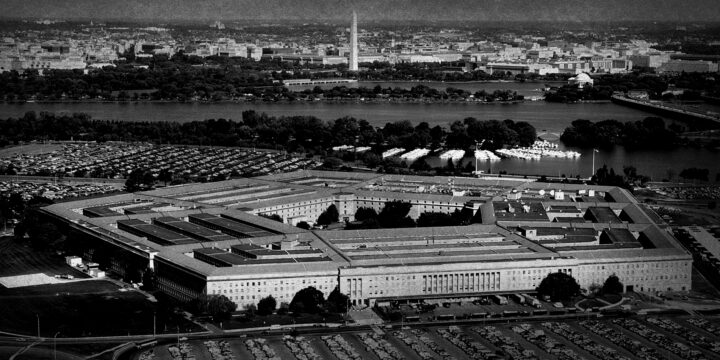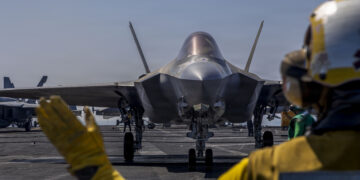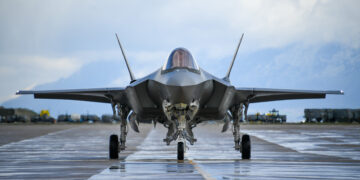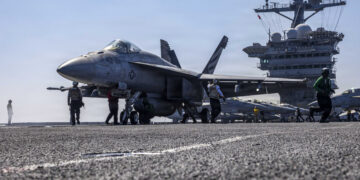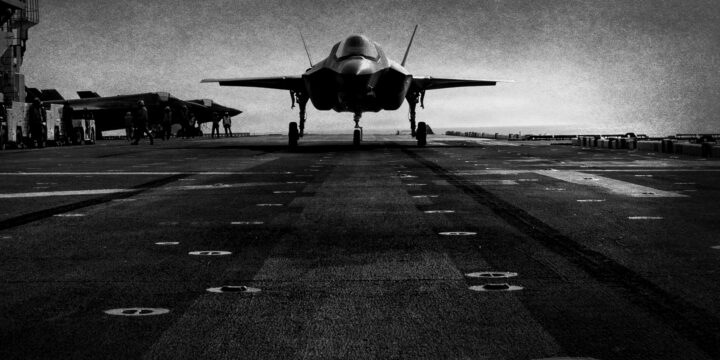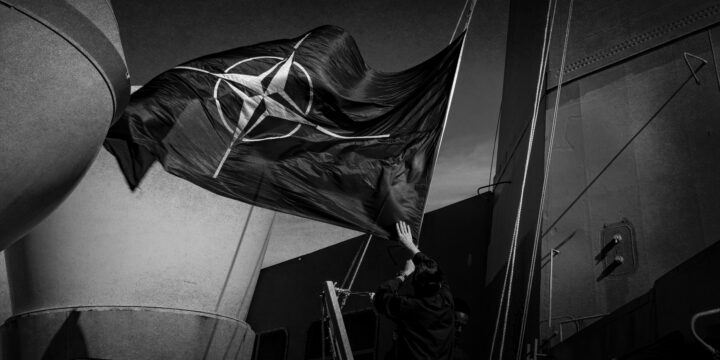January 31, 2025
Trump foreign policy 2.0: Unpredictable president confronts unstable world
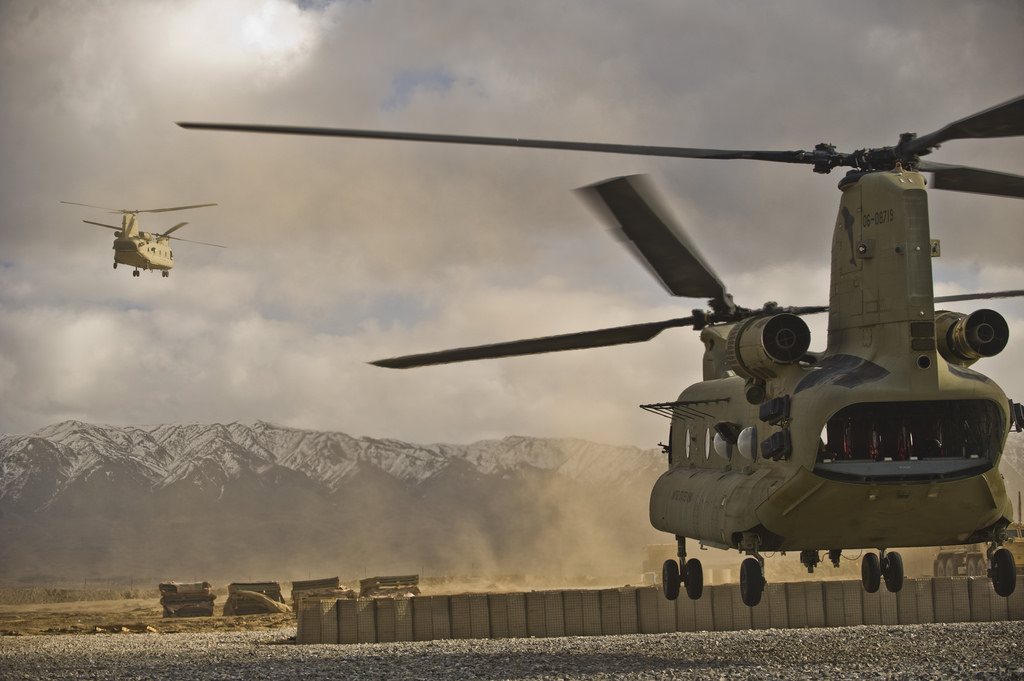
In January, President Donald Trump returned to the White House, facing a world that is arguably more complicated than when he left the building four years earlier. The war in Ukraine, which will enter its fourth year in February, will take much of Trump’s time as he begins to craft and sell a detailed plan to cease the fighting and negotiate a peace settlement that Ukrainian President Volodymyr Zelensky and Russian President Vladimir Putin can live with. China, the aspiring hegemon that seeks to displace the United States as the world’s foremost power, will be a constant challenge for Trump’s administration as it was for former President Joe Biden’s. U.S.-European relations will be a challenge as well, thanks to Trump’s infatuation with tariffs as a tactic to extract economic concessions, as well as the president’s commitment to decadeslong wariness watching Uncle Sam carry the security of the entire continent on his back.
It’s the Middle East, however, where things could get particularly dicey. This region hasn’t been especially kind to the U.S. or its presidents over the last two decades. Of course, much of this displeasure is self-induced: The Washington foreign policy establishment has an ingrained belief in its own brilliance and is all too willing to succumb to hubris about the extent of its power, influence, and ability to will the Middle East to its preferences. The list of foibles is long. The 2003 U.S. invasion of Iraq got rid of a tyrant in Saddam Hussein but ushered in years of instability, sectarian civil war, and terrorism that dragged hundreds of thousands of U.S. troops into a high-cost occupation and gifted Iran the ability to expand its influence into the Arab world. The 2011 U.S.-led military intervention in Libya threw another dictator out of his lair, yet within months, devolved into a mess as militias opposed to Muammar Gaddafi started fighting among themselves for power and resources. Today, Libya is, in essence, two states, one led by a Russian-backed warlord with a penchant for torturing his opponents and the other managed by the internationally recognized administration. In Syria, the U.S. contributed to the chaos of that country’s long civil war by arming bands of vetted Syrian opposition fighters who were no match for either Bashar Assad’s militias or the more well-resourced jihadist battalions who eventually hijacked the Syrian revolution.
Trump can be quite an ambitious—and yes, at times hubristic—man as well. He comes into office with grand plans and, like all presidents before him, a dream that he alone can accomplish permanent peace in the Middle East. His signature diplomatic accomplishment during his first term was the Abraham Accords, a series of agreements that normalized diplomatic relations between Israel and four other Arab states. Trump and his national security team hope to expand upon those deals by adding Saudi Arabia to the mix. Trump also occasionally talks about striking another nuclear agreement with Iran, Washington’s preeminent adversary in the region, but has yet to articulate how exactly he would do it other than resurrecting the failed maximum pressure strategy from his first term. Trump no doubt wants to resolve the Israeli-Palestinian conflict as well—after all, what other accomplishment would differentiate him from his predecessors and land him a Nobel Peace Prize in the process? “I want a long-lasting peace,” Trump told Time during a long interview in November. “I’m not saying that’s a very likely scenario, but I want a long-lasting peace, a peace where we don’t have an Oct. 7 in another three years. And there are numerous ways to do it.”
More on Middle East
Events on Grand strategy
